Australian Defence office cuts contractors to fund new weapon capabilities
Australia’s military is making cuts to urgently fund a multi-billion shopping list of new weapons. See what’s being slashed.
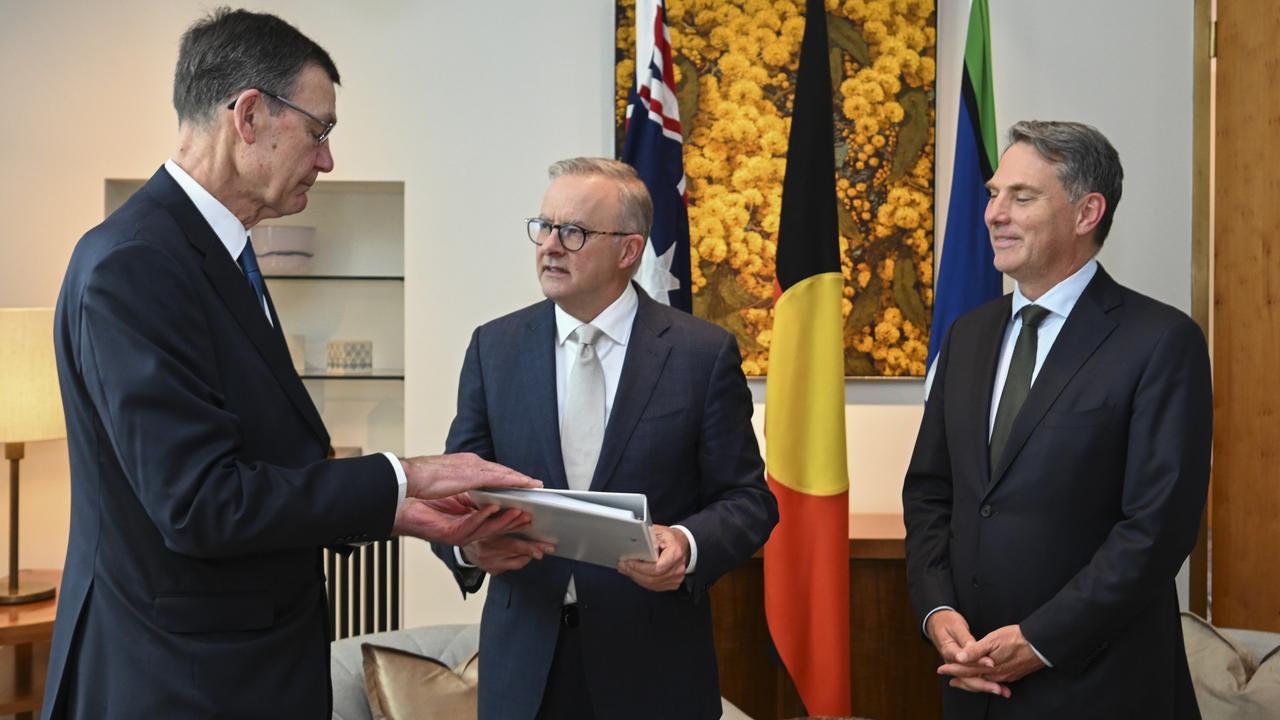
Defence will slash its small army of contractors to urgently fund an “ambitious” multi-billion dollar shopping list for long-range missiles, warships and infantry fighting vehicles.
The revelation comes as the Federal Government moves to tighten laws around former Australian military personnel being lured with big pay cheques by countries like China to train their pilots in ADF war craft.
Defence Department Secretary Greg Moriarty has told a Senate committee hearing the Russian invasion of Ukraine had a significant impact for Australia and was an aggressive precedent that could not be allowed to happen in the Indo-Pacific.
He said developing advanced defence capabilities was a government priority and as such cuts would be made to redirect some of the $48.7 billion annual budget to emerging priorities.
Advertising, travel and legal expenses had already been slashed and now so too would the use of external contractors.

There had been a 55 per cent increase in full-time Defence contractors between March 2020 and March 2022, to more than 8300 people.
“The strategy will reflect the reality that shrinking strategic warning times and rapidly advancing technology mean that Australia must innovate quickly, and increase our industrial capacity in priority areas to deliver and support defence capabilities,” Mr Moriarty said.
According to internal Defence thinking, Australia needed to be in a position to fight a conventional war within 10 years.
Mr Moriarty said the Defence Strategic Review (DSR), touted as the most important national security report produced in 35 years, set out an ambitious agenda to increase capability - and “hard decisions” and reprioritising was required.
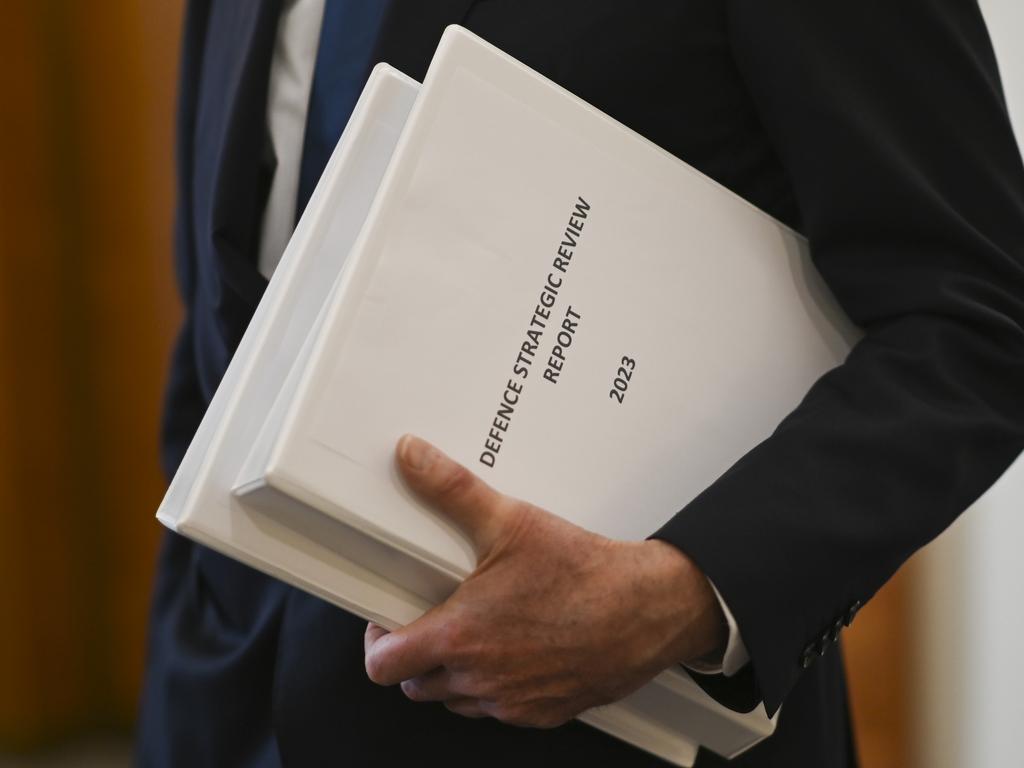
The government has this week received the classified DSR which is understood to include a recommendation for a huge increase in national defences including long-range missiles and drones, new Infantry Fighting Vehicles and war ship destroyers.
This is on top of the expected acquisition of nuclear-powered submarines under the AUKUS alliance - expected to be a new craft of a British design with a US weapons system, partly built in Australia.
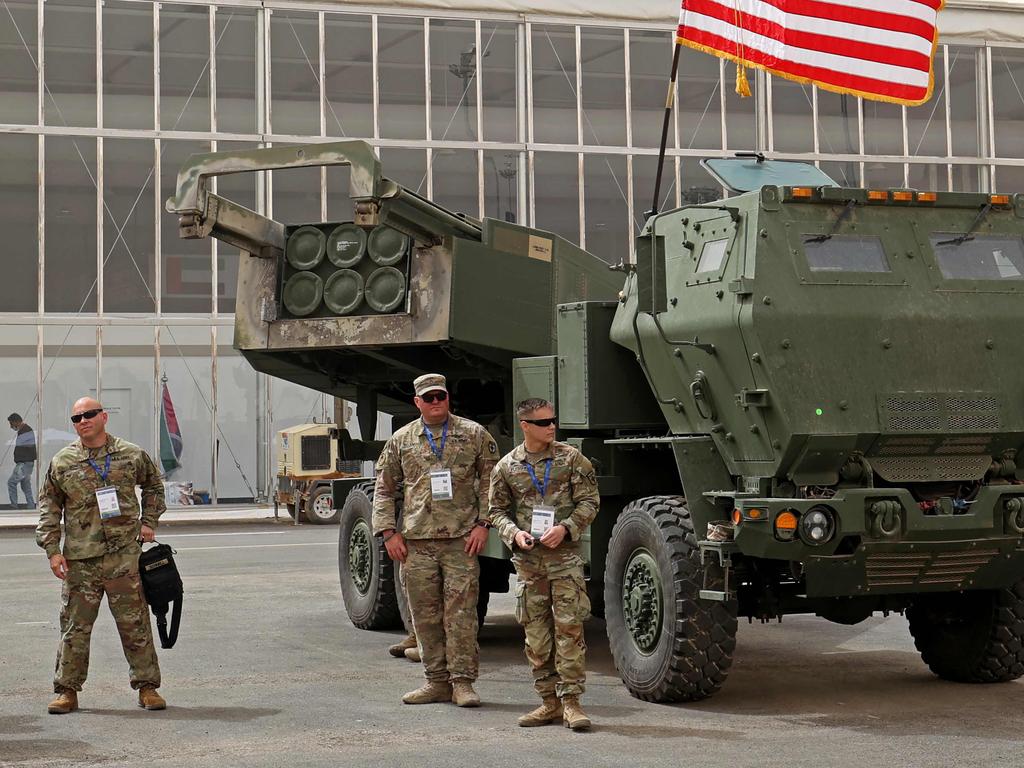
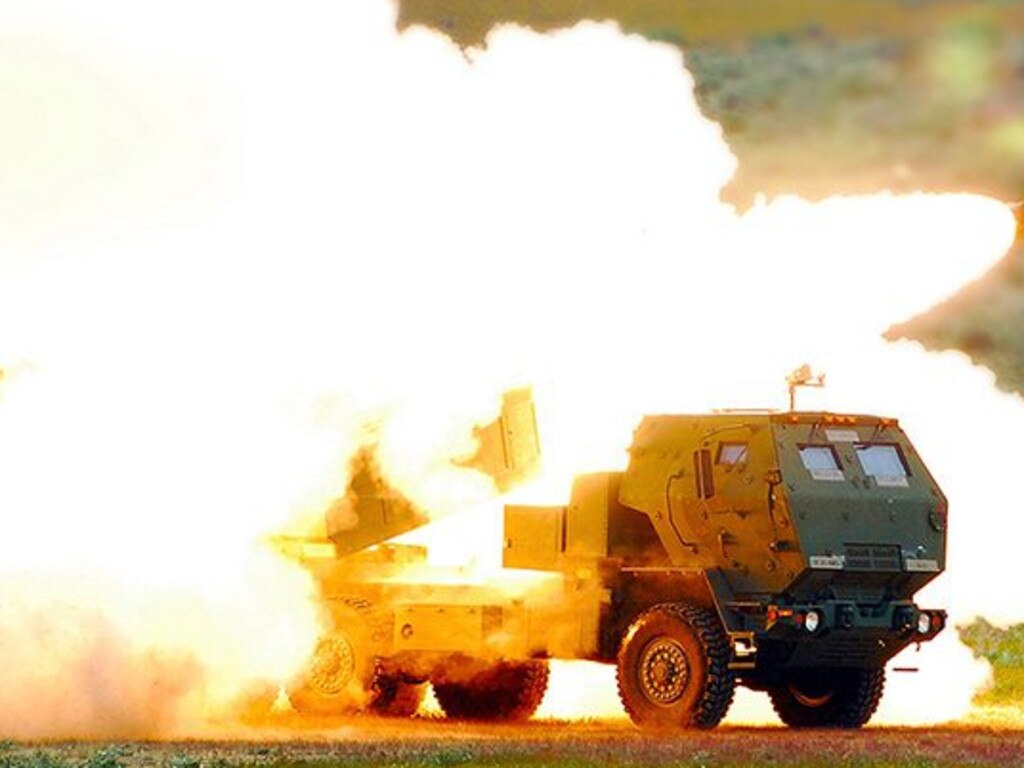
Speaking in Senate committee budget hearings, Foreign Minister Penny Wong said the government would ensure Defence had the budget it needed to keep the nation safe and deter a threat.
Elements of the DSR would be made public in coming weeks.
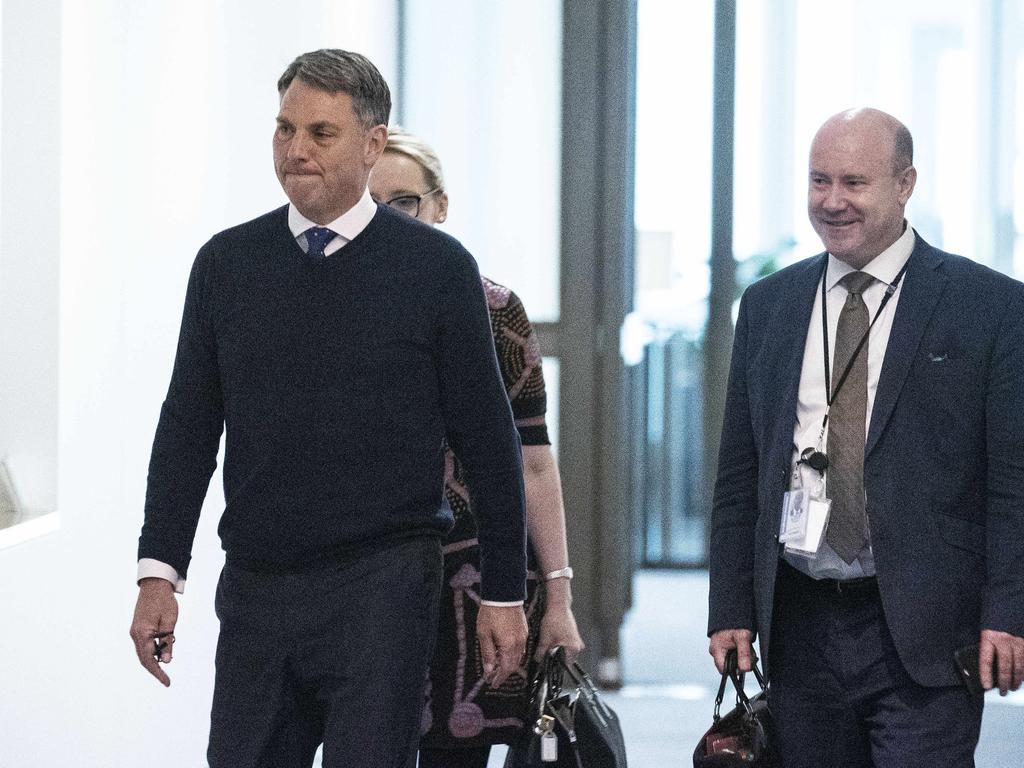
Meanwhile Defence Minister Richard Marles said new legislation would be created to ensure former Australian Defence Force personnel are blocked from providing their training to foreign powers.
He declined to confirm whether RAAF pilots had been lured by China with offers of huge wages to assist in their training, amid reports at least 30 former British RAF pilots have been poached by the Chinese PLA.
Mr Marles said one of the recommendations made under an urgent report he ordered last December on the issue recommended tightening Australia’s laws which he said he had accepted.
“That is really to make sure that there is absolutely no doubt whatsoever that not just the secrets that people might come into contact with, but everything that surrounds it, forms part of that and that if you release any of that information to anybody, and that would include a foreign power, that would be a breach of Australian law and subject to prosecution,” he said.
Defence senior official Celia Perkins confirmed to the Senate committee the review looked at how to strengthen defence training and security related policies and expand outreach to those who had left the ADF to remind them of their ongoing duty to keep secrets secret.




